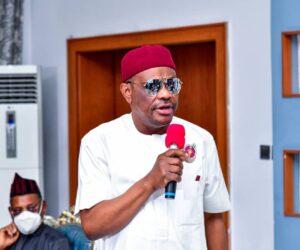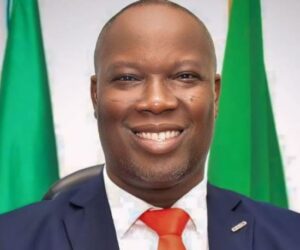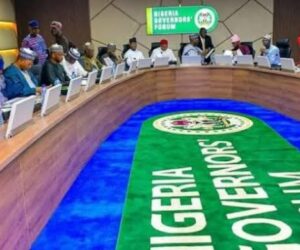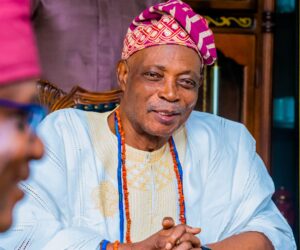As Nigeria’s digital communication landscape continues to expand, public relations professionals are increasingly embracing authentic storytelling as a core strategy for shaping public perception and building long-term trust.
The shift marks a clear departure from traditional publicity tactics that relied heavily on press statements and controlled messaging.
For communications specialist Nene Bejide, who was recently honoured at the Nigeria Digital PR Summit, the rise of storytelling reflects a deeper understanding of how today’s audiences consume information.
She says Nigerians, especially those in online communities, are drawn to clarity, sincerity, and human-centred narratives that feel genuine, not rehearsed.
Speaking with PREMIUM TIMES after receiving her recognition, Ms Bejide noted that many brands still underestimate the power of intentional communication.
According to her, storytelling must be deliberate, value-driven, and consistent across platforms if brands hope to build credibility in a crowded digital space.

Intentionality
She noted that this intentionality should extend beyond the content they post on social media, adding that it must also reflect in the overall lifestyle and culture of the organisation.
She said: “Down from even the internal stakeholders, the employees, the policies of the company, the plans, how they put their strategy together, the vision, mission, core values of the company are actually part of the storytelling. In a way that when people see the brand in different representations on various platforms, they can easily recognise it. This is the brand because this is how they do things or how they operate.
“So, I would say storytelling needs to start from within the values, core values, stories internally from even the perspective of how they want the company to be perceived. This is actually going to shape what kind of content will be created, how the platforms that this content will be placed on, and I mean also in the space, the conversations that they’re trying to drive in that space.”
She added that the rise of multiple digital platforms has given organisations new ways to reach their audiences through different forms of connection.
According to Ms Bejide, the story being told must align with the company’s core values, as this guides both content creation and the platforms on which it is placed.
Digital rise
Additionally, Ms Bejide noted that the growth of digital platforms has created opportunities for companies to tailor their content to suit consumers across all social media channels.
She maintained that before the advent of digital platforms, companies relied mainly on press releases, with only a few people reading newspapers or visiting specific websites or news blogs.
“The company can also take that duplicate content and create it in a way that will be engaging to TikTok users. The company can also offer a more extended version that people can view on the YouTube platform. The company will also be present on news platforms, both online and offline.
“This helps people understand the content when they see it from different perspectives and across the social media pages they use. It is not just in one world. I mean, it could provide insight. The TikTok video can show what happened and how they went about it. The Instagram video can be extracted from the original interview and distributed across various platforms. The YouTube version can be a long format that people can go back to and rewatch to gain insight and perspective on what happened”, said Ms Bawehi.
According to her, digital platforms have transformed the way narratives are shaped and how content is disseminated during times of crisis.
READ ALSO: MaggiVerse: Storytelling, cultural Identity take centre stage as African Food Creators meet in Lagos
Local Data
While acknowledging the strides PR agencies in Nigeria are making, especially as they adopt AI tools and adapt to rapid digital changes, Ms Bejide argued that the sector needs to deepen its investment in local data.
She stressed that insights from Nigerian audiences, behaviours, and campaign outcomes are far more valuable to practitioners than relying solely on foreign benchmarks.
“Having our own local data, and not relying on international data, is essential, storing it, putting it together, compiling statistics, and getting insights and analytics from campaigns on what works and what doesn’t.
“Just having that data archive that people can easily Google and find, and that is accredited to our industry leaders in the PR and marketing space, would be a good thing for us to have. Data is key to knowing what’s working because everything is moving so fast.”










